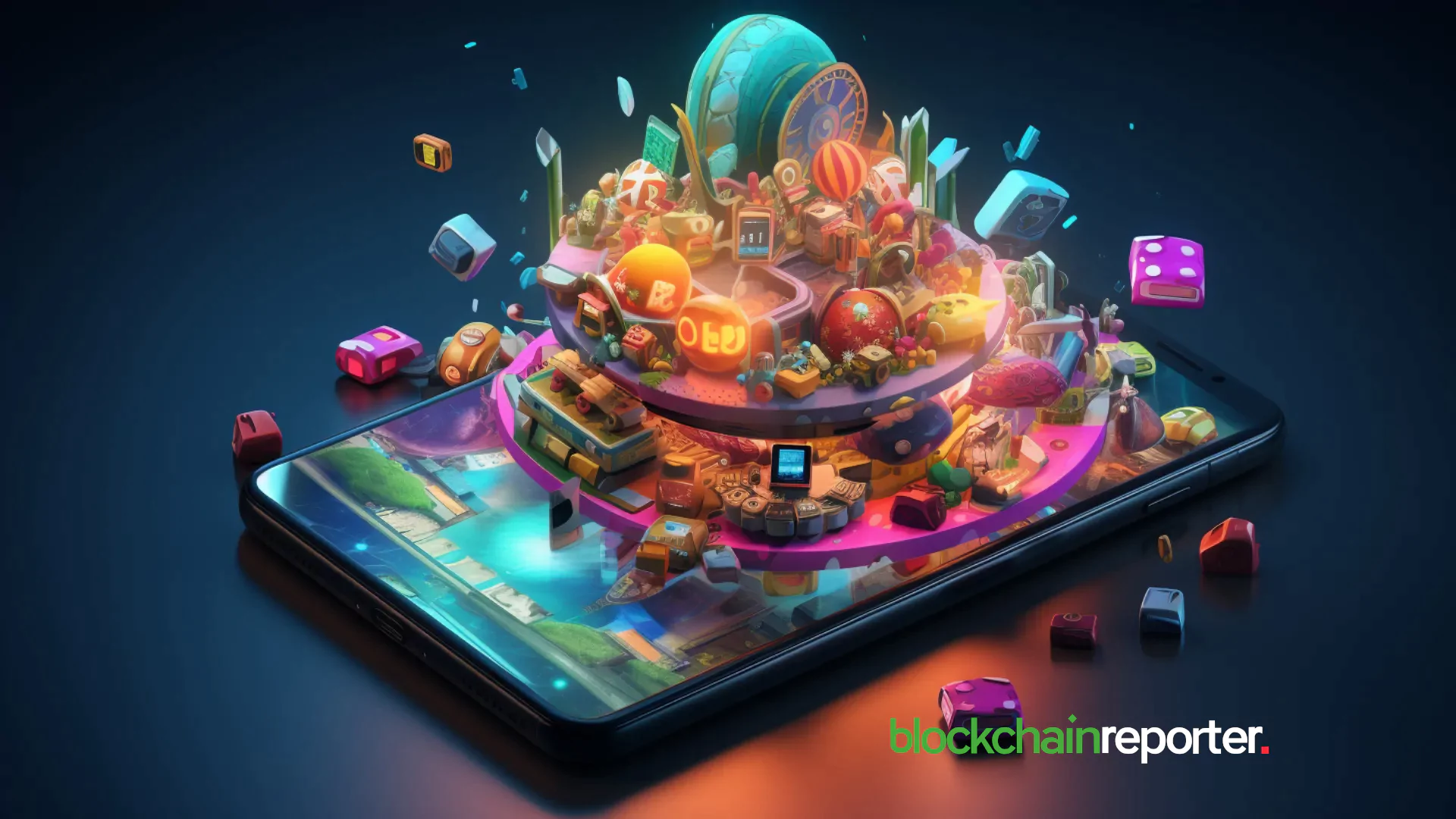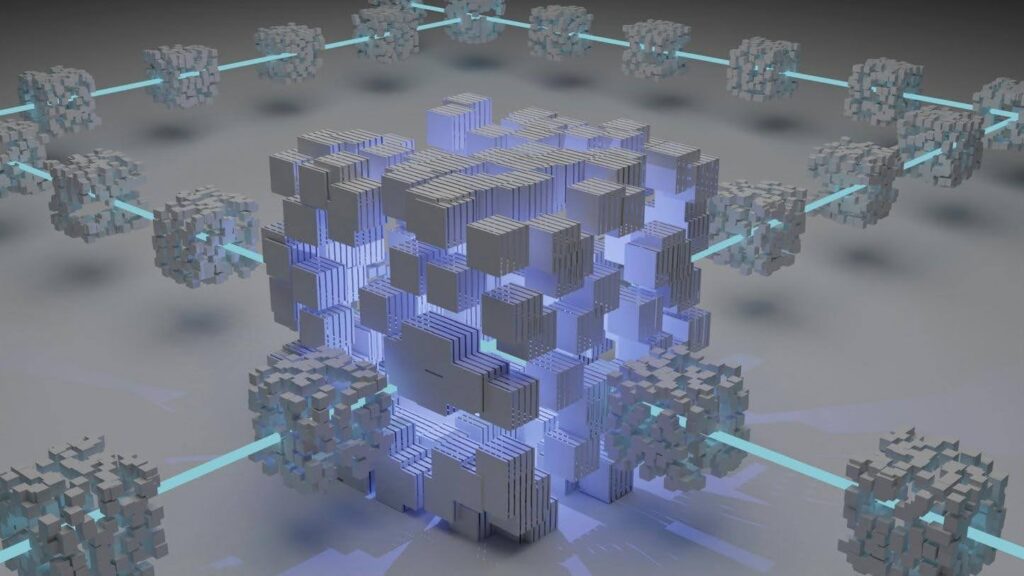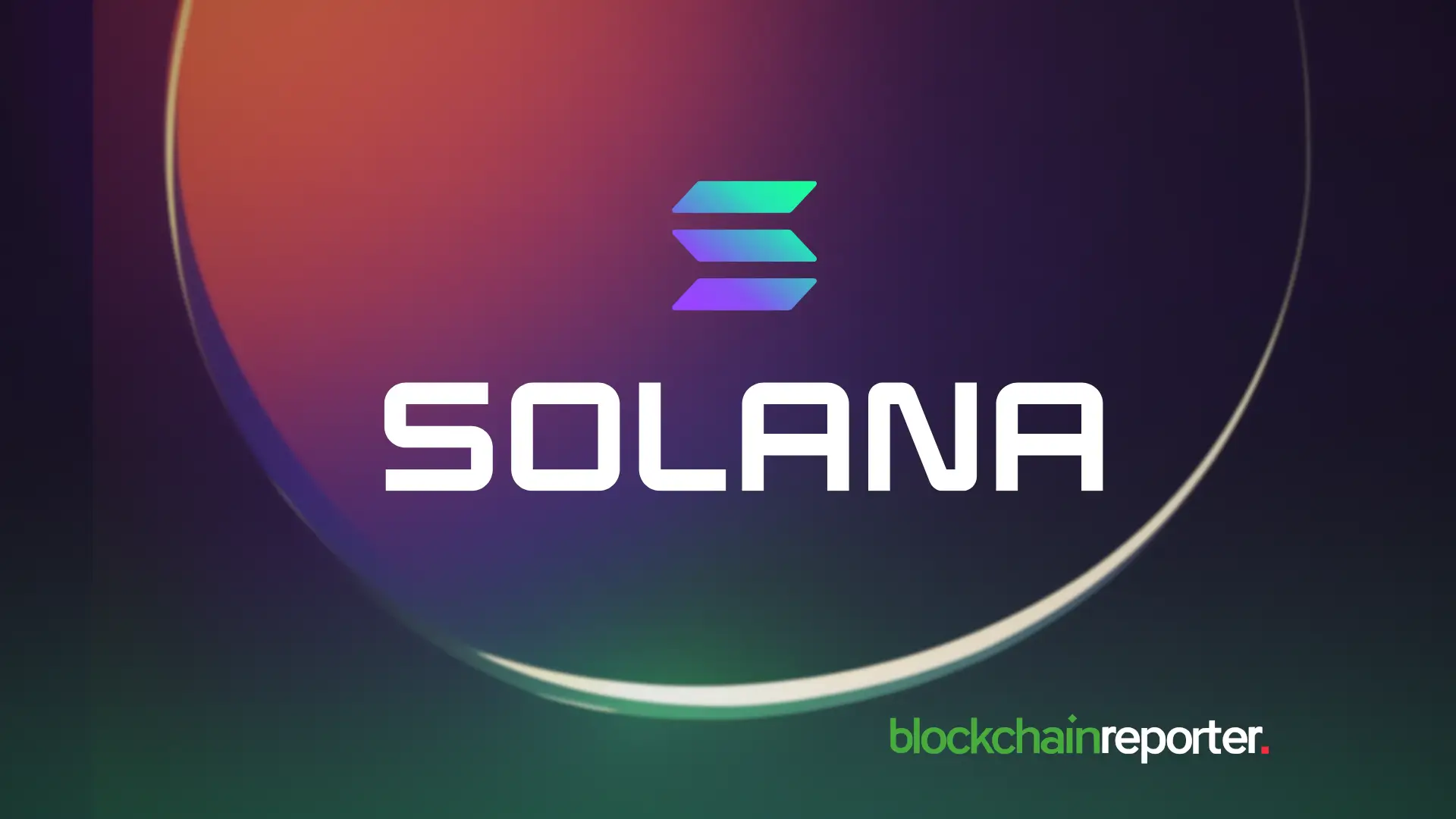
If you are into casino games, you might know that the operator is always the one with the advantage. Everything from the slot reels to the cards and even the dice favors the house. However, as technology advances and Web3 solutions become more widespread, the tide is turning.
Slowly, but surely, you might notice how online casinos are going through a complete transformation. Web3 changes the way players interact with their favorite casinos, but also the responsibilities of gambling platforms. Whether you’re a casual or regular gambler, things like crypto tokens, blockchain protocols, and NFTs will benefit you and make casino activity more enjoyable.

Photo by Shubham Dhage on Unsplash
The Future of Blockchain Casinos
According to statistics, 26% of the population is involved in gambling activities. 1.6 million people do this regularly, while nearly 4 million gamble once a year. Most gambling enthusiasts are used to the way online casinos work. However, what would it look like if casinos were fully blockchain-based?
Crypto casinos are already a thing. Most big platforms, especially those that have been around for a long time, implement cryptocurrency payments.
However, if a platform were fully blockchain, the experience would look totally different for users. Spins, rolls, and hands would all be done and recorded on-chain. They could be easier to verify. Besides, players wouldn’t have to wait too long to register and bet, as blockchain-centered casinos would require no forms or passwords.
Withdrawals would be instant, regardless of the user’s location, while tournament prize pools would be given to users with smart contracts. Meanwhile, loyalty programs would be tokenized. This would allow players to own the points they earn.
Right now, fully blockchain casinos aren’t here. We have the technology for it, though, and the only thing that stops us from reaching this milestone is regulation.
How Are Web3 Tokens Changing the World of Online Gambling?
Even if we are still not in a blockchain-centered world when it comes to casinos, Web3 technology can make significant changes to the way we approach online gambling in general.
In fact, crypto tokens, NFTs, and blockchain protocols can address some common concerns about casinos while turning gambling into a more convenient process.
Player-Governed Platforms
With tokenization, platforms can end up with decentralized governance. This means that online casinos may be governed by players. In other words, users may gain governance rights on the sites they choose. As such, they will be allowed to vote on what is added or changed, such as house edge percentages, games, and more.
This will improve the relationship between a player and the casino.
Ownership of Digital Assets
Players never owned their in-game assets when playing traditional casino games. Everything they earned was just an entry in a database owned by the casino. But with tokenization becoming a thing, players can own their digital assets. Then, they can trade them, use them, or do anything they want with them.
For instance, NFTs are unique digital assets. They are copies that game developers control, which sets them apart from traditional digital assets. NFTs, which have been on the rise for a few years already, have proof of ownership. This way, players will have full ownership of their items.
Ensuring Provable Fairness
With Web3 technology, it’s easier for players to ensure that the casino is fair. This is because they no longer need to trust the platform’s word that all outcomes are fair, as they can check this themselves. With blockchain protocols, there is more transparency, making online casinos more attractive to a larger fan base.
Tokenized Investment and Traffic
Traffic itself can be tokenized. With tokenized solutions, a completely new asset class will emerge. This will merge traditional finance and gaming while offering more transparency.
Challenges of Web3 Tokens for Future iGaming
Even though we have the technology for it and the future looks promising, there are still certain obstacles that casino operators must overcome. Some of these are:
Lack of Blockchain Understanding
Unfortunately, not everyone understands how blockchain technology works. Regulators and operators still need to learn a lot about it. This education gap can create many misconceptions. As such, innovative models are adopted at a slower pace.
Mainstream Users May Struggle
Let’s be honest, not everyone is used to crypto wallets or the blockchain in general. Mainstream users, who simply gamble once every blue moon, may struggle to understand the complexity of wallets and other Web3 aspects. This makes these new models a bit more limited, as they’ll mainly attract those who are familiar with crypto.
Regulatory Issues
When it comes to the legal side, things are uncertain. In many jurisdictions, Web3 gaming is in a gray area in terms of regulation. Therefore, it’s challenging for some casinos to adopt this type of technology.
What Will Happen Moving Forward?
In the future, we will see Web3 elements being integrated gradually. We already see cryptocurrency being a common payment method at many top casinos. Traditional online casinos will likely add crypto payments alongside fiat currencies, so users can choose the most convenient option.
Decentralization may be gradual as well. Besides, players may be able to check fairness through blockchain even though they don’t know much about the technology.
The gambling industry has been constantly changing, and it is unlikely to shift more via Web3 solutions. Although there are some challenges ahead, we are already seeing a few changes.
iGaming is becoming more transparent, safe, and convenient. At the same time, it gives players more control over their assets, gambling activity, and other aspects. We’ll see a mix of traditional and new methods, and gamblers will have to adjust to a new landscape.





